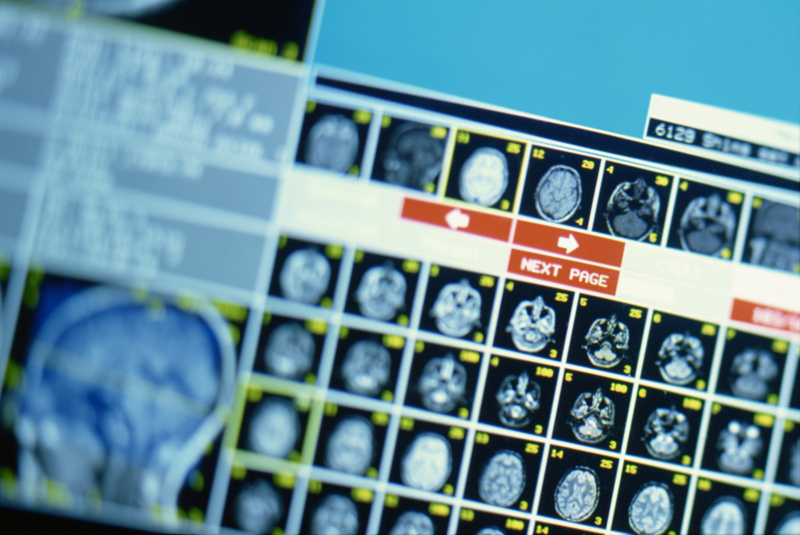
Here are some of the latest health and medical news developments, compiled by the editors of HealthDay:
Major Food Safety Violations At Many U.S. Stadiums
Mold on ice, mouse droppings and cockroaches crawling on soda dispensers are among the health code violations found at some of the biggest sporting venues across the United States.
The sports network ESPN examined health department inspection reports from 2009 for food and beverage concessions at all 107 professional sports arenas and stadiums in the country, FoxNews reported.
The analysis revealed that at 30 of the venues, more than half the food stands or restaurants had been cited for at least one “critical” or “major” health violation.
The worst venues were the Verizon Center in Washington, D.C., the Tropicana Field in Florida, and six other stadiums in the Sunshine State, FoxNews reported.
The findings tell “consumers that they should be very concerned about some of the food that they are eating and purchasing in a lot of these stadiums,” Chris Waldrop, director of the Food Policy Institute at the Consumer Federation of America, told ESPN.
—–
BPA Found On Cash Register Receipts: Study
High levels of the estrogen-like chemical bisphenol A (BPA) were found on 40 percent of 36 cash register receipts collected from a number of major U.S. businesses, says an environmental group.
BPA is a plastic hardener that’s been linked to diabetes, heart disease, breast cancer and other health problems. The chemical reacts with dye to form a black print on receipts, USA Today reported.
“A typical employee at any large retailer who runs the register could handle hundreds of the contaminated receipts in a single day at work,” said Jane Houlihan, senior vice president for research at the Environmental Working Group, based in Washington, D.C.
The group said it’s not clear how much BPA could be absorbed into the body by handling cash register receipts, USA Today reported.
—–
New Posters Warn NFL Players About Concussion Dangers
A poster that warns professional football players about the long-term effects of concussions will be displayed in locker rooms of all National Football League teams.
The poster warns that repeated head injuries can lead to depression, early onset of depression and “can change your life and your family’s life forever.” It also tells players not to ignore symptoms such as headaches, confusion, memory problems and feeling more emotional, The New York Times reported.
A brochure with similar information will be given to all players.
The player-targeted campaign is part of a major shift for the NFL, which long downplayed the risks of concussion despite numerous studies and reports of brain damage suffered by players.
Last fall, the league adopted tougher rules about when players can return to play after suffering a head injury, including an independent neurologist’s permission. The NFL is considering further changes to game rules, practice procedures and equipment, The Times reported.
First Full Face Transplant Patient Thanks Donor’s Family
In his first public appearance, the Spanish man who received the world’s first full face transplant thanked the donor’s family and the medical team who performed the surgery.
“Friends, I want to thank the hospital coordinators, the entire medical team, the family of the donor and most of all my family who are supporting me these days,” he said at the televised news conference, the Associated Press reported.
The 31-year-old patient, identified only as Oscar, suffered severe facial injuries in a shooting accident five years ago and was unable to breathe, swallow or talk properly.
Using plastic surgery and micro-neurovascular reconstructive surgery techniques, the surgeons transplanted muscles, lips, nose, maxilla, palate, mandible, all teeth, and cheekbones, during a 24-hour long operation March 20 at the Vall d’Hebron University Hospital in Barcelona, the AP reported.
Oscar struggles to speak clearly and still requires months of physical therapy.
—–
AAP Issues Updated Head Lice Guidelines
New remedies are included in updated head lice treatment guidelines from the American Academy of Pediatrics.
The previous 2002 guidelines listed permethrin as the approved treatment, but the new guidelines include products known as pyrethrins, and also say that benzyl alcohol can be used if the other methods fail, ABC News reported.
The AAP also takes a stronger stance against school screenings for lice.
“No healthy child should be excluded from or allowed to miss school time because of head lice. No-nit policies for return to school should be abandoned,” the group says.
“Although the Association of School Nurses agreed that a no-nit policy does not make sense over a decade ago, many schools still try to enforce the policy,” said Dr. Bernard Cohen, director of pediatric dermatology at the Johns Hopkins Medical Institution in Baltimore, Md., ABC News reported.
The updated guidelines appear in the current issue of the journal Pediatrics.
—–
Nap Nanny Recliners Recalled After Infant Death
The death of an infant has prompted a recall of portable recliners that claim to help babies sleep better.
The recall of 30,000 Nap Nanny recliners made by Pennsylvania-based Baby Matters LLC was announced Monday by the U.S. Consumer Product Safety Commission, the Associated Press reported.
An investigation is under way into the death of a four-month-old Michigan girl who died in a Nap Nanny that was being used in a crib, the CPSC said. The infant reportedly became caught between the outside of the Nap Nanny and the crib’s bumper.
The CPSC said it knows of 22 reports of infants who fell over the side of the Nap Nanny despite the fact that most of them were strapped into the harness on the foam recliner, the AP reported.
The Nap Nanny is not meant to be used in a crib. It should be placed on the floor away from other products, the CPSC said.
Consumers with these products should contact Baby Matters to receive new product instructions and warnings and, in certain cases, a coupon toward the purchase of a new Nap Nanny.
—–

